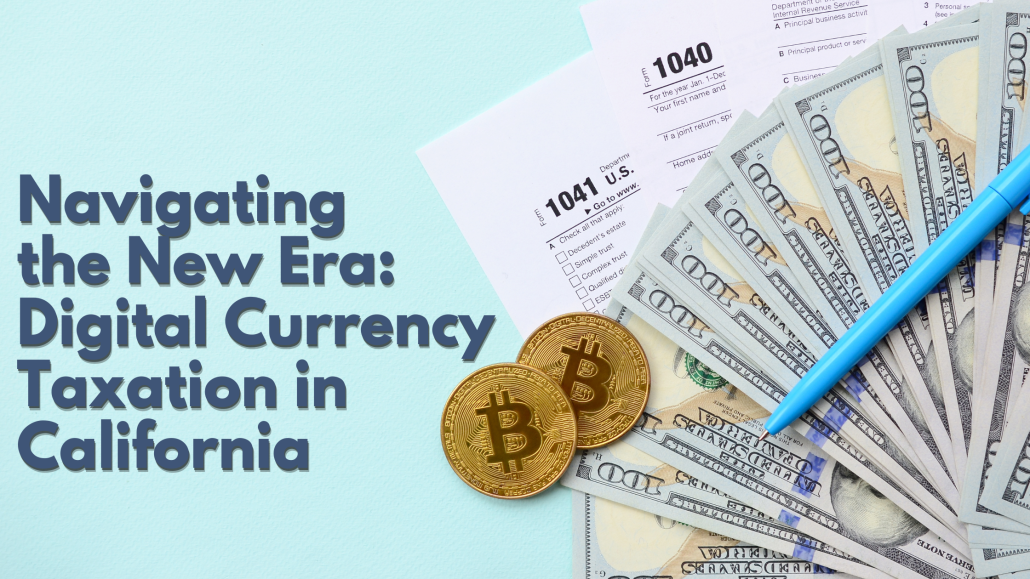
The taxation landscape for digital currencies in California is undergoing significant changes, with recent developments significantly impacting how these assets are regulated and taxed. Understanding these changes is crucial for individuals and businesses dealing with digital currencies in California.
Recent Guidelines and Laws
Taxability of Cryptocurrency: The California Department of Tax and Fee Administration (CDTFA) has clarified that California sales and use tax does not apply to cryptocurrency transactions. This is because these transactions typically do not involve the transfer of tangible personal property, which is a key criterion for sales and use tax applicability in California.
California Digital Financial Assets Law (DFAL): This law, effective starting July 2025, introduces comprehensive regulations for entities engaging in virtual currency activities. It mandates licensing requirements for such entities and imposes strict compliance obligations, including annual reporting, record-keeping, and adherence to consumer protection standards.
Stablecoin Regulations: The DFAL has specific provisions for stablecoins, requiring any entity dealing with stablecoins to be licensed or have a pending application for the same. It also mandates that the issuer of the stablecoin must be a licensed bank or trust company, ensuring higher security and reliability standards.
License Requirements and Exemptions: Entities engaged in digital financial asset business with residents of California are subject to the DFAL. Certain entities, like SEC/state-registered broker-dealers, FDIC-insured banks, and entities solely providing clearing or settlement services, are exempt from these licensing requirements.
Reporting and Taxation
Tax Reporting Requirements: Taxpayers in California are required to report gains or losses from cryptocurrency transactions on their tax returns. The state considers cryptocurrencies as property, and hence, they are subject to state income tax. This makes accurate record-keeping and reporting essential to avoid penalties and interest charges.
Capital Gains Tax: The tax rate for capital gains on cryptocurrency in California is linked to the taxpayer’s income level, ranging from 1% to 12.3%. This underscores the importance of understanding the tax implications of cryptocurrency transactions and investments.
Role of Tax Lawyers: Given the complexities of cryptocurrency taxation laws in California, engaging with tax lawyers specializing in this field is highly advisable. They can provide guidance on tax compliance, identify potential tax credits and deductions, and help navigate the evolving legal landscape.
Enforcement and Compliance
The DFAL grants the Department of Financial Protection and Innovation (DFPI) robust enforcement powers. This includes the authority to bring enforcement proceedings against entities that violate the DFAL, emphasizing the need for entities to evaluate their activities and ensure compliance with the law.
The future of digital currencies in California taxation is marked by a more structured and regulated environment. Entities dealing with digital currencies must be cognizant of these changes and prepare for compliance, especially with the DFAL coming into effect in 2025. Staying informed and seeking professional advice is key to navigating this complex and evolving landscape.


